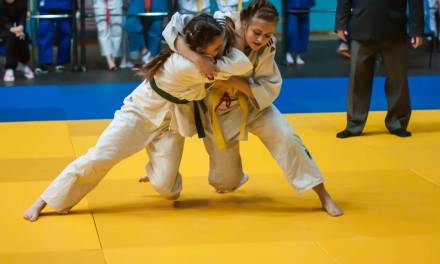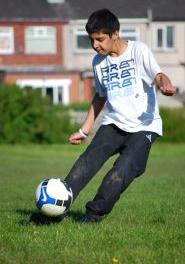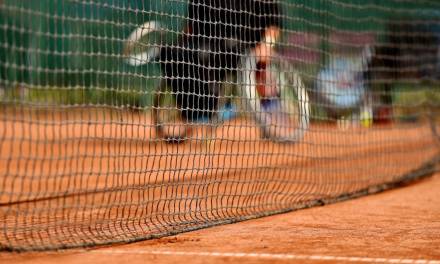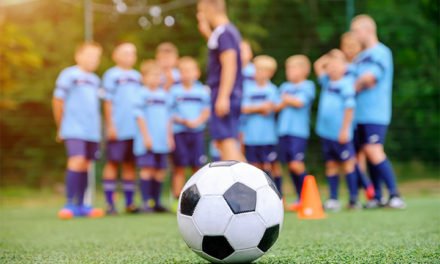With the changes to the PE National Curriculum and the call to end “the damaging prizes for all culture”, it has to be asked – is it a good thing to have winners and losers? And what are we actually teaching children either by giving them all prizes, or by separating them based on skills into winners and losers?
‘Prizes for all’ is one of those topics that will divide parents into two bickering sides: one side arguing that some children are not competitive and not athletically gifted, and by only giving the winners the prizes we are leaving them out, possibly leading to depression, or the child losing interest, with the other side pointing out that some children are not academically gifted, but we don’t give everyone an A-grade just for taking part, and that by giving a prize to all what does that teach those that did put the effort in to try harder and win.
Too few children have been taking part in competitive sport in recent years. That is why we are strengthening competitive sport in the new curriculum at all key stages so that all pupils learn to compete against their peers.
(DfE, BBC)
So what are we teaching children by rewarding them for winning, and not rewarding the ‘losers’ in the event? For the winning child, they learn that hard work pays off, and to win in sports at the highest level takes as much hard work as achieving academically at the highest level. Psychologists agree that the hard work and rewards of sports teach children the skills needed to succeed in all aspects of life.
Another key area that sports teach is the aspect of fair play, not cheating, teamwork and obeying the rules. By rewarding the team that achieves the best, children learn that playing within the rules can be a rewarding experience.
One aspect that many competitive sports do include is rewarding those who try hard and achieve other goals besides winning. Recognition for personal bests, player of the match and most improved player rewards those who may not be athletically gifted but are putting in the effort. In this way skill developments can be rewarded as well as winning.
For the pupils who don’t win, as teachers and coaches we have our work cut out, but these perceived failures can be turned into valuable lessons, the fall back of the praise sandwich (say one positive thing, give them an area that needs to be improved on, then finish with something they did well on) is perfect for this situation.
Is competition healthy for children? Yes – once they are old enough to understand. With most studies showing that 7-year-olds are capable of understanding the meaning of winning and losing, and that losing is only a temporary situation.
Life is a competitive arena; those who work hard get the job, the raise, the house and for those who stay in sport, the medal. Those who stay at the side and don’t try stay on the side, it’s up to us to show them how to win, not just in sport, but also in life.









